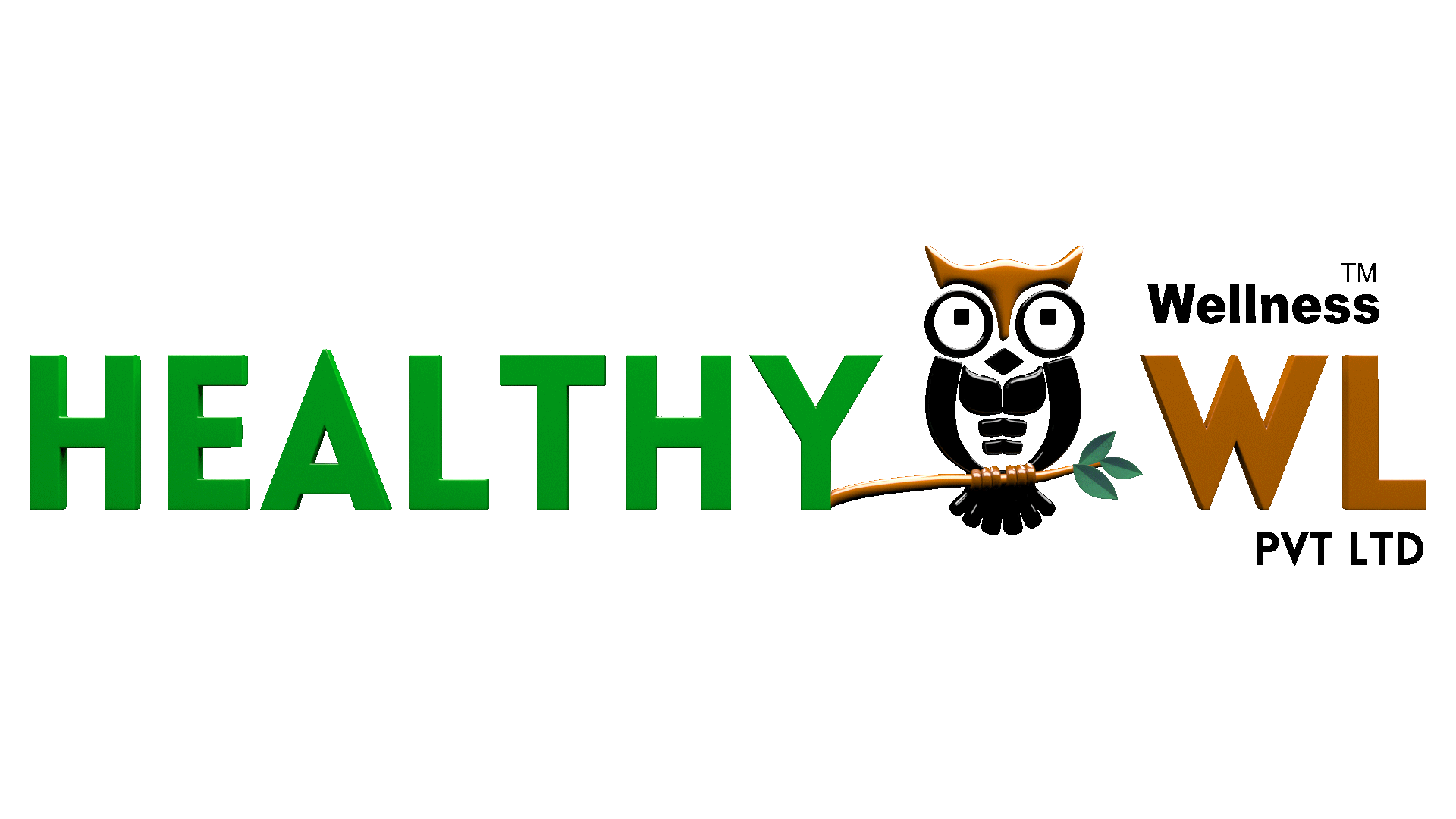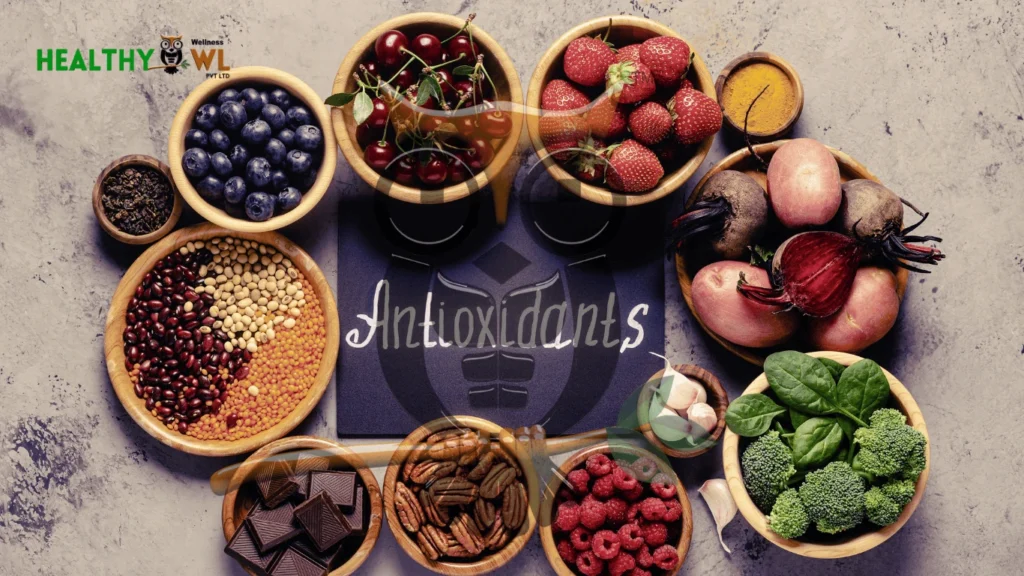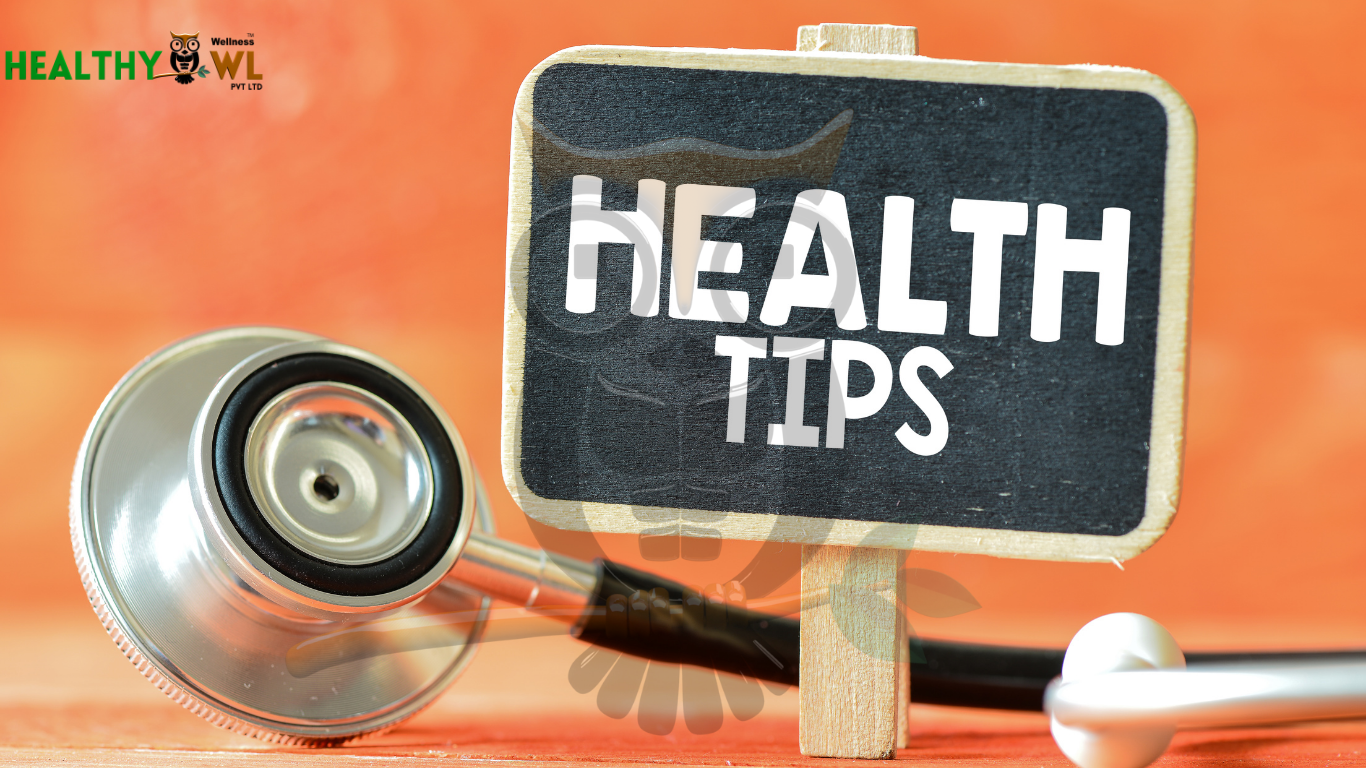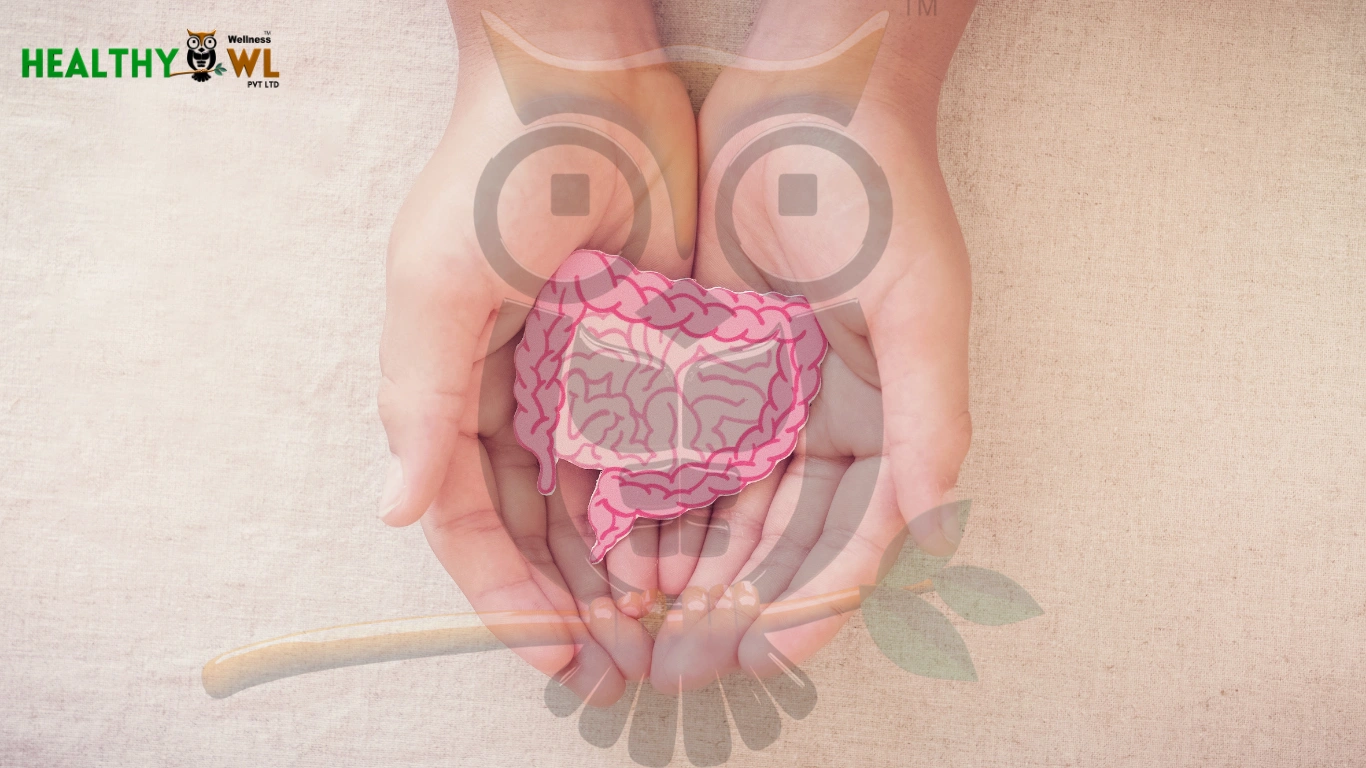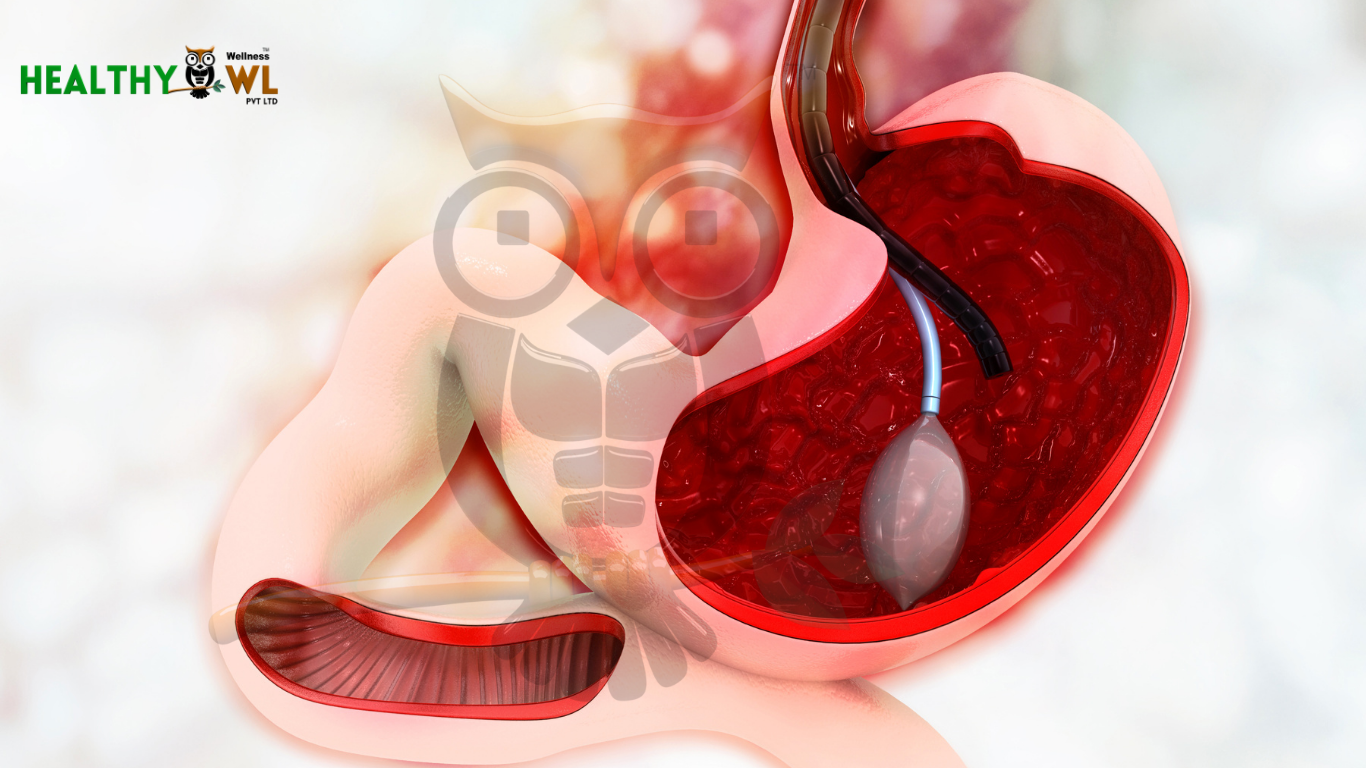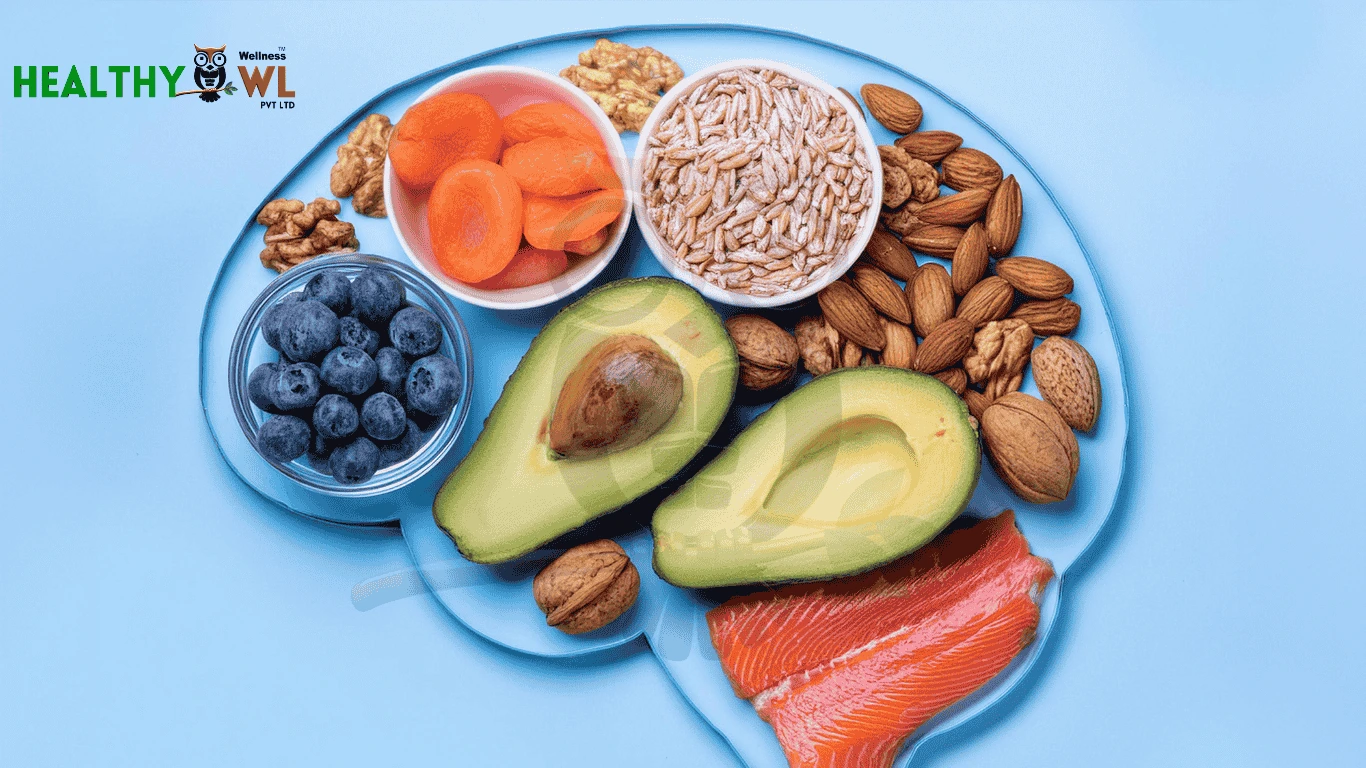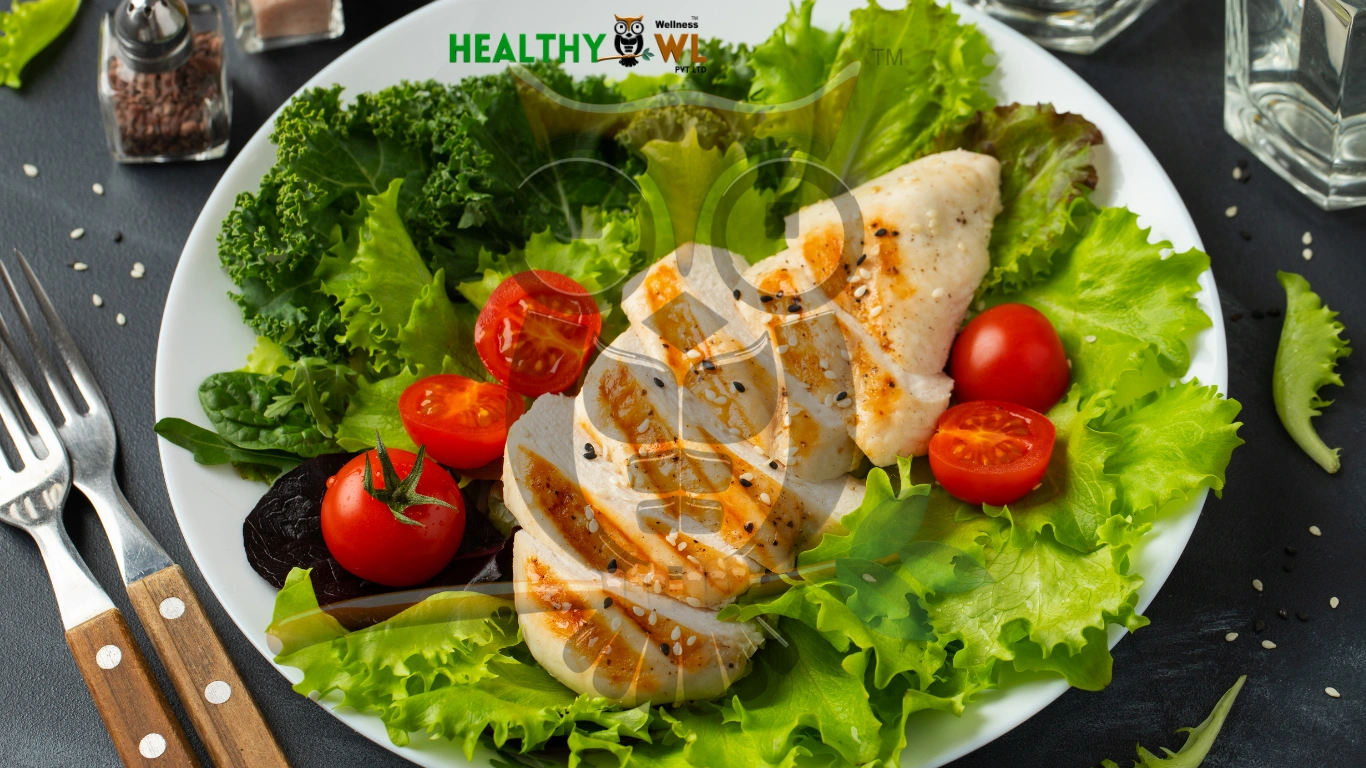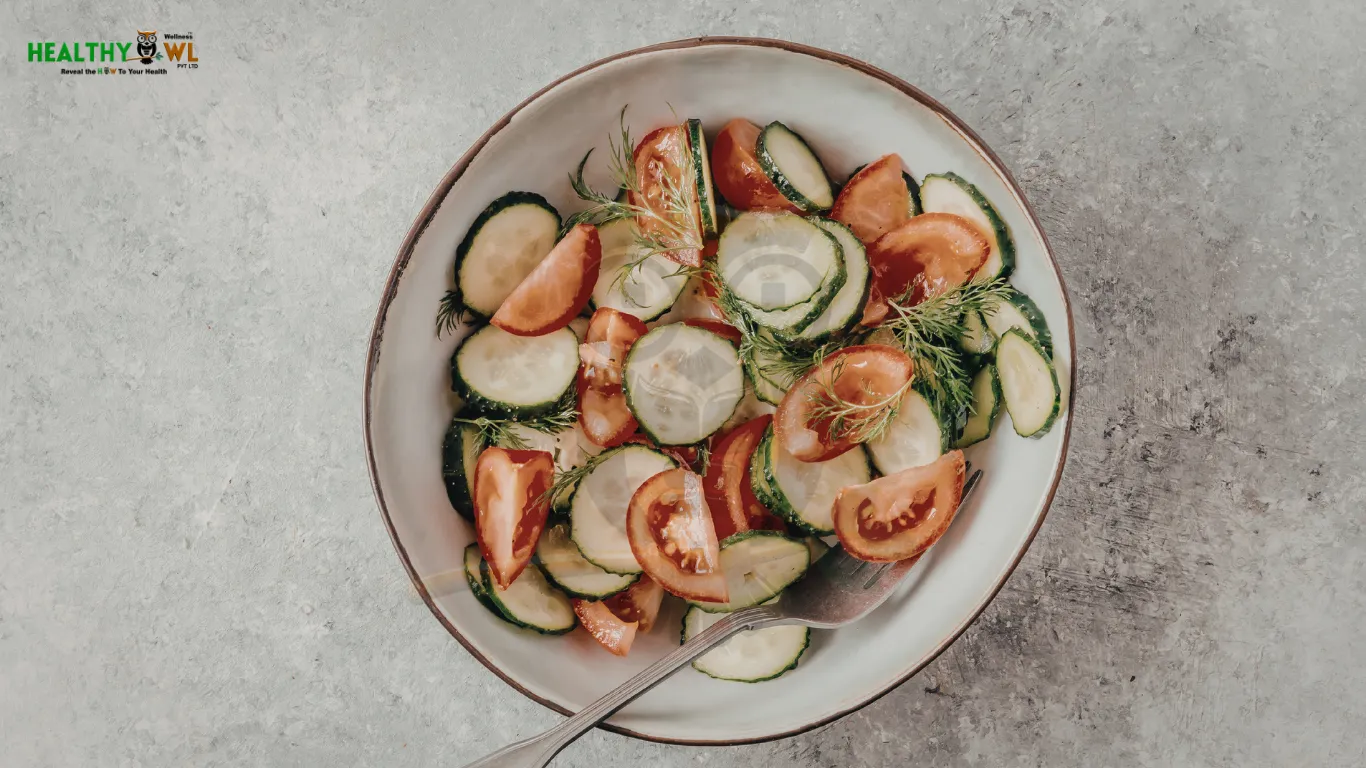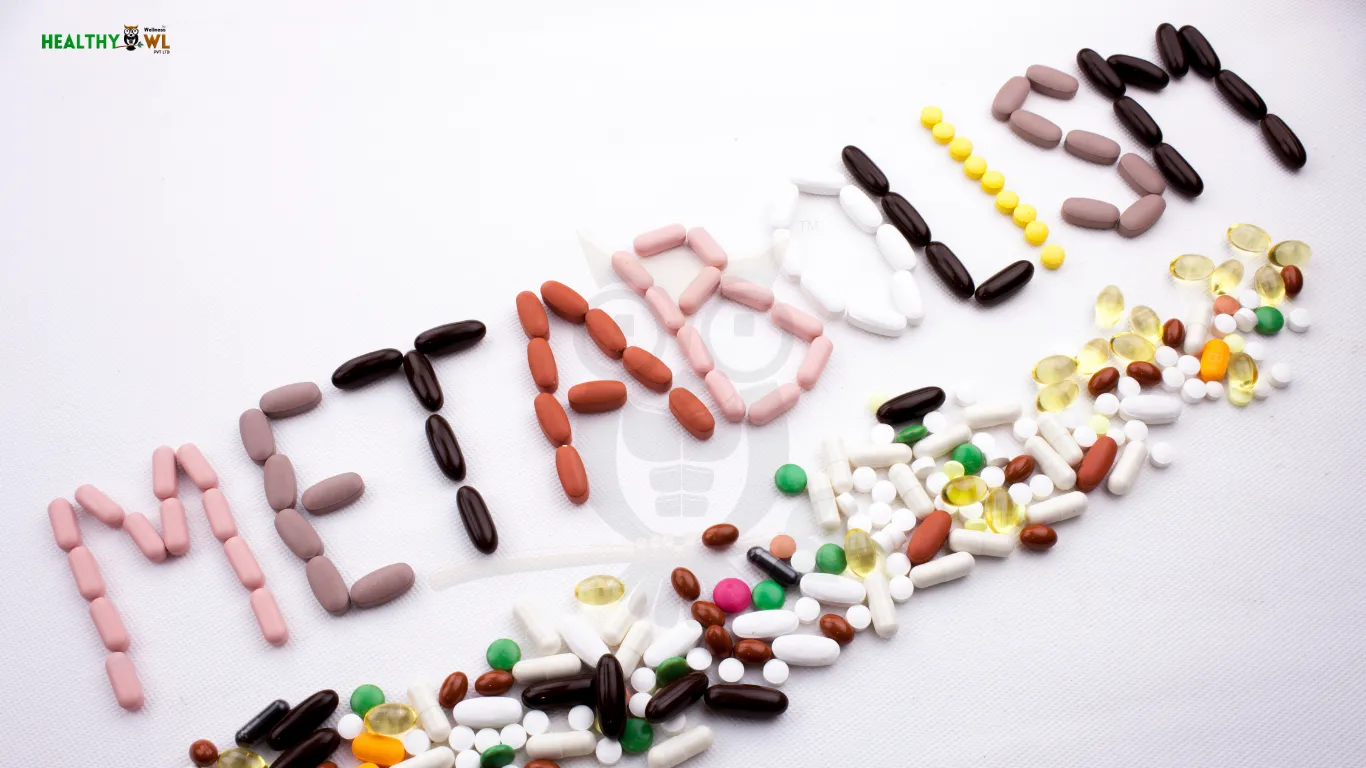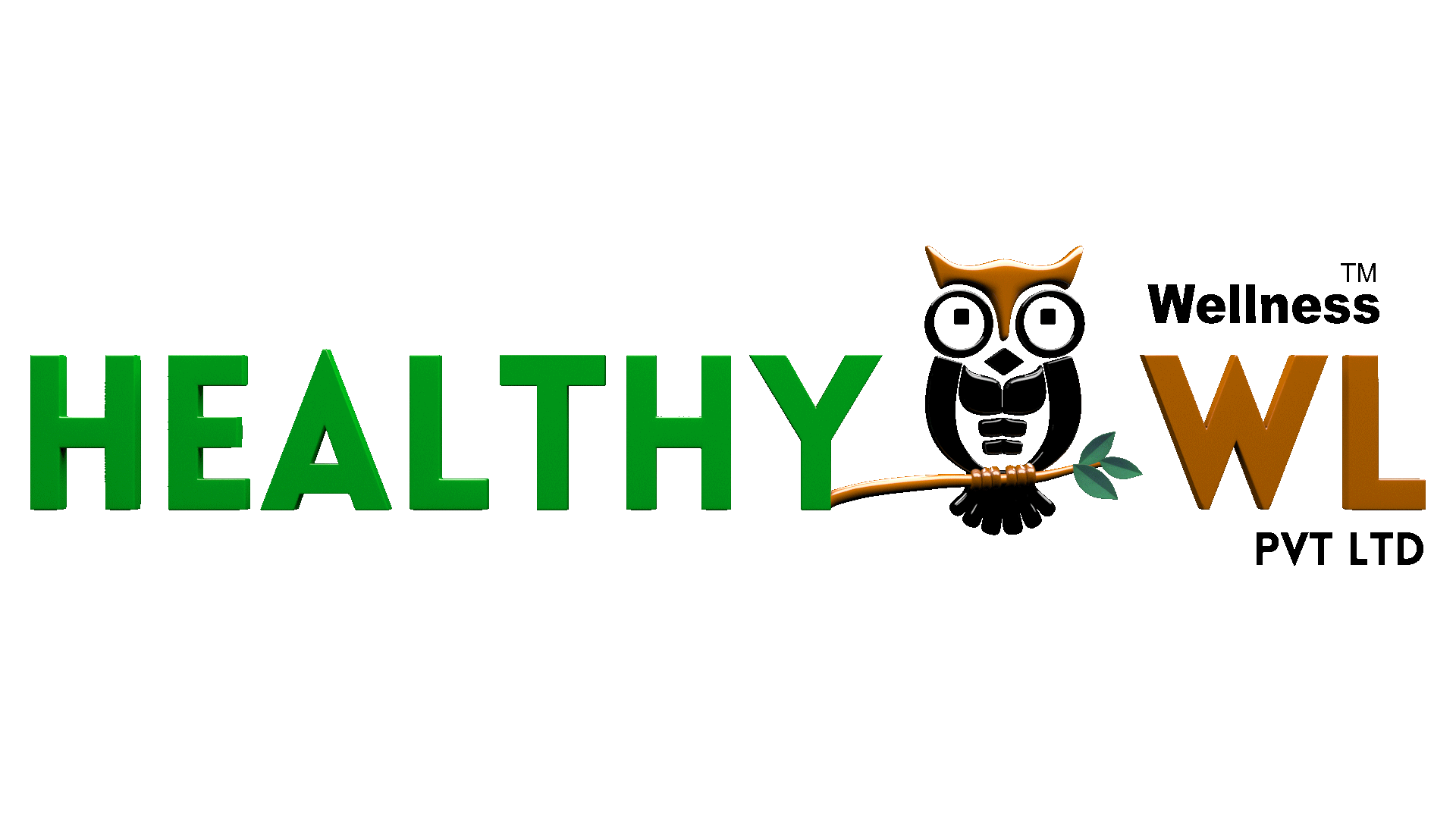Introduction
Aging is a natural process, but premature skin aging, gut imbalances, and hair thinning are often fueled by diet, oxidative stress, and inflammation. The good news? Research shows that dietary antioxidants, polyphenols, omega-3 fatty acids, and functional foods can help slow down these changes. These bioactive compounds not only combat free radical damage but also improve skin elasticity, hydration, gut function, and hair strength.
What Are Dietary Antioxidants & Functional Foods?
- Dietary antioxidants are compounds from food that neutralize free radicals — unstable molecules that can cause cell damage, leading to premature aging, inflammation, and disease.
Antioxidants play a critical role in protecting your body at the cellular level.
- Free radicals are unstable molecules generated by metabolism, UV rays, pollution, and poor diet. These molecules cause oxidative stress, which accelerates skin aging (wrinkles, fine lines, and sagging), damages the gut lining (leading to inflammation and leaky gut), and weakens hair follicles (causing thinning and dullness).
- Antioxidants like Vitamin C, Vitamin E, and polyphenols neutralize free radicals by donating electrons, stabilizing them without becoming unstable.
- This process protects DNA, proteins, and lipids from damage, reducing inflammation and slowing the biological aging process.
- Functional foods are foods that have a potentially positive effect on health beyond basic nutrition. They may be enriched with beneficial compounds (like probiotics, polyphenols) or naturally rich in them.
How Skin Aging Happens & Where Diet Can Help
Skin aging has both intrinsic (genetic, time‐based) and extrinsic (UV exposure, pollution, poor diet) factors. Three key processes accelerate aging:
- Oxidation (damage from reactive oxygen species)
- Inflammation
- Glycation (sugars binding to proteins, damaging collagen / elastin)
Dietary antioxidants can slow down or counteract these forces. A review in MDPI Nutrients noted that foodborne antioxidants (from fruits, vegetables, teas etc.) can delay skin aging by improving antioxidant defense systems in skin.
Why Focus on Antioxidants, Polyphenols & Omega-3s?
1. Antioxidants: The Defense Against Oxidative Stress
Oxidative stress is one of the biggest culprits in skin aging, hair damage, and gut inflammation. Antioxidants neutralize free radicals, protecting collagen, elastin, and cellular DNA.
- Best sources: Vitamin C (citrus fruits, amla, bell peppers), Vitamin E (almonds, sunflower seeds), Beta-carotene (carrots, sweet potatoes).
- A MDPI Nutrients (2020) review confirmed antioxidants delay wrinkle formation, improve hydration, and boost skin’s natural defense.
2. Polyphenols: Nature’s Anti-Aging Molecules
Polyphenols from plants reduce UV-induced photo-aging, calm inflammation, and support gut microbiota diversity.
- Best sources: Green tea catechins, resveratrol (grapes, berries), curcumin (turmeric), flavonoids (dark chocolate, apples).
- Green tea polyphenols improved skin elasticity and reduced oxidative stress markers in clinical studies. (ScienceDirect)
3. Omega-3 Fatty Acids: Anti-Inflammatory & Hair-Skin Support
Omega-3s are essential fats that fight systemic inflammation, strengthen skin’s lipid barrier, and nourish hair follicles.
- Best sources: Chia seeds, flaxseeds, walnuts, fatty fish (for non-vegetarians).
- Research: Omega-3 supplementation is linked to improved skin hydration and reduced wrinkle depth. (News Medical)
Functional Foods & Nutraceuticals for Skin, Gut & Hair
Functional foods (naturally nutrient-rich) and nutraceuticals (concentrated food compounds) provide targeted health benefits beyond calories.
- Collagen peptides → improve skin elasticity & hydration.
- Probiotics (Lactobacillus, Bifidobacterium) → restore gut balance, reduce inflammation linked to acne & dull skin.
- Ceramide-rich foods (like soy) → improve skin barrier, reduce dryness.
- Biotin, zinc & selenium → support hair follicle strength & prevent hair loss.
Tip: If using nutraceutical supplements, consult a healthcare provider for dosage.
Practical Tips: What to Eat, How Much & What to Avoid
Foods to Include (daily/weekly):
- Vitamin C – Collagen Protector
- Target Intake: 75–100 mg/day
- Sources: 1 amla, ½ cup red bell pepper, 1 medium kiwi.
- Benefit: Boosts collagen synthesis, brightens skin, strengthens hair shafts, and supports wound healing.
- Vitamin E – Barrier Shield
- Target Intake: ~15 mg/day
- Sources: 20 almonds, 2 tbsp sunflower seeds.
- Benefit: Protects skin from UV damage, hydrates scalp, prevents dryness.
- Polyphenols – Anti-Inflammatory Heroes
- Sources: Green tea (2–3 cups/day), blueberries (½ cup), turmeric.
- Benefit: Reduces photo-aging, balances gut microbiome, and nourishes hair follicles.
- Omega-3 Fatty Acids – Inflammation Fighters
- Target Intake: 2–3 tbsp flaxseeds or chia seeds, 5–6 walnut halves daily.
- Benefit: Improves skin elasticity, reduces redness, supports gut lining, promotes shiny, resilient hair.
- Probiotics & Prebiotics – Gut Guardians
- Sources: Yogurt, kefir, sauerkraut, garlic, onion, bananas.
- Benefit: Improve digestion, enhance nutrient absorption, and indirectly boost skin glow and hair strength.
What to Avoid / Limit:
- Processed sugar & refined carbs → accelerate glycation, damaging collagen and leading to wrinkles.
- Trans fats & fried foods → promote inflammation, dull skin, and weak hair.
- Excess alcohol → dehydrates skin, disrupts gut balance.
Skin, Gut & Hair Health Are Connected
At first glance, your skin, gut, and hair may seem like separate systems. But science shows they are deeply interlinked through nutrient absorption, the microbiome, hormonal balance, and inflammation pathways — known as the gut-skin-hair axis.
1. The Gut-Skin Connection
- The gut microbiome produces short-chain fatty acids (SCFAs) that lower systemic inflammation.
- Dysbiosis (imbalance) increases intestinal permeability, releasing toxins into the bloodstream → triggering acne, eczema, wrinkles, and skin dullness.
- Probiotics and prebiotic fibers improve skin hydration and reduce UV-induced damage.
2. The Gut-Hair Connection
- The gut regulates absorption of protein, iron, zinc, B vitamins, and omega-3s — all critical for hair growth.
- Imbalanced gut flora can reduce nutrient uptake, leading to thinning and brittle hair.
- Good bacteria also regulate hormone metabolism, preventing hormone-driven hair loss.
3. The Skin-Hair Link
- Both skin and hair rely on collagen, elastin, keratin, and antioxidants.
- When oxidative stress damages skin collagen, hair follicles are also compromised → leading to weaker growth and less shine.
- A healthy scalp environment = better foundation for strong, glossy hair.
In simple terms: A nourished gut absorbs nutrients better → skin looks healthier, hair grows stronger. A poor diet inflames the gut → skin ages faster, hair weakens sooner.
Key Research Facts
- Probiotics & skin: Clinical trials show probiotics reduce photo-aging and skin redness by improving gut-skin communication. (MDPI)
- Antioxidant intake & wrinkles: Populations consuming diets rich in Vitamin C and polyphenols show fewer wrinkles and age spots. (Skin Therapy Letter)
- Animal studies on probiotics: Mice fed probiotics had thicker, shinier hair and improved skin. (PMC)
Conclusion
Your diet is a powerful anti-aging tool. By focusing on antioxidants, polyphenols, omega-3s, and functional foods, you can slow skin aging, improve gut health, and support stronger, shinier hair. Combine this with avoiding sugar, processed foods, and excessive alcohol for the best results.
Want a personalized plan to restore your skin glow, gut balance, and hair strength?
Connect with Healthy Owl Wellness today for a FREE consultation and start your journey toward lasting wellness.
